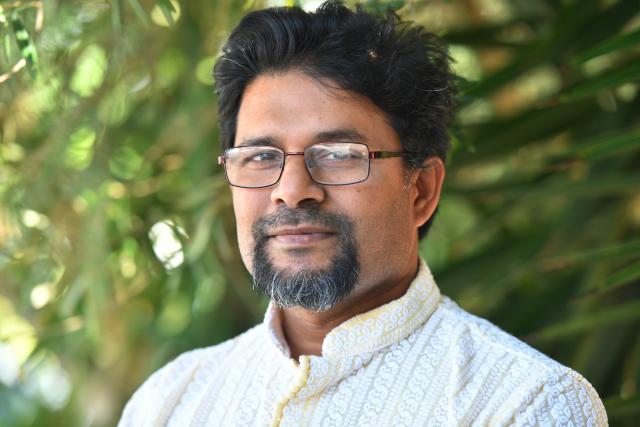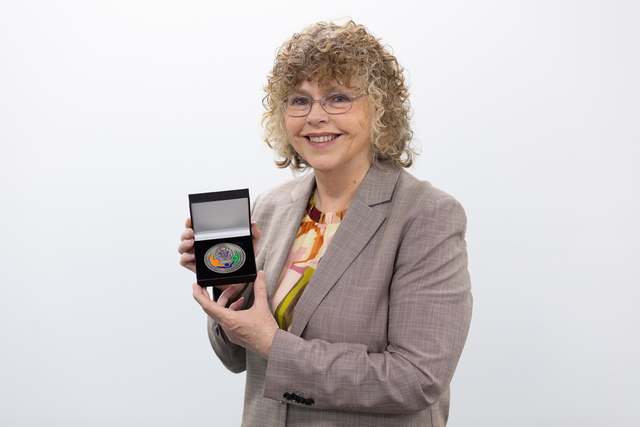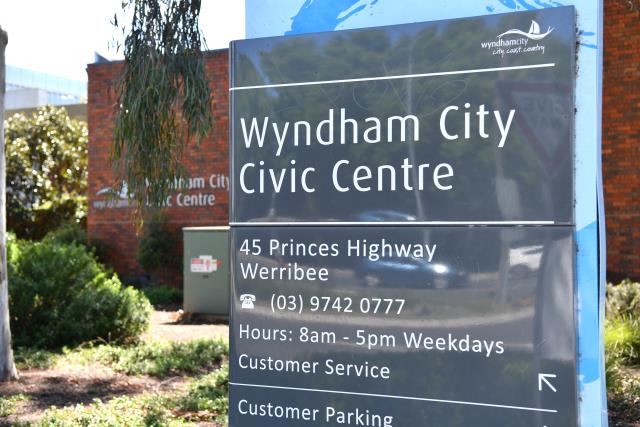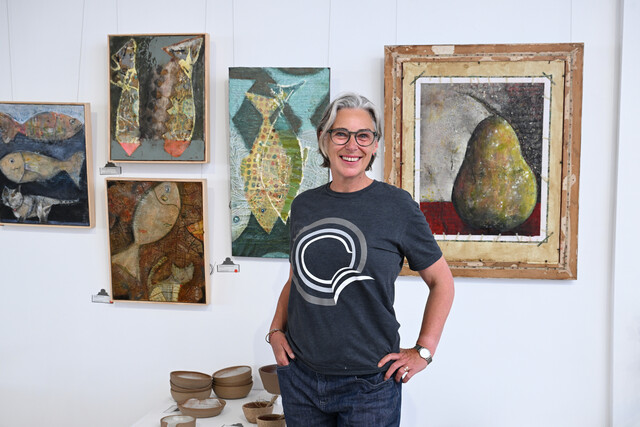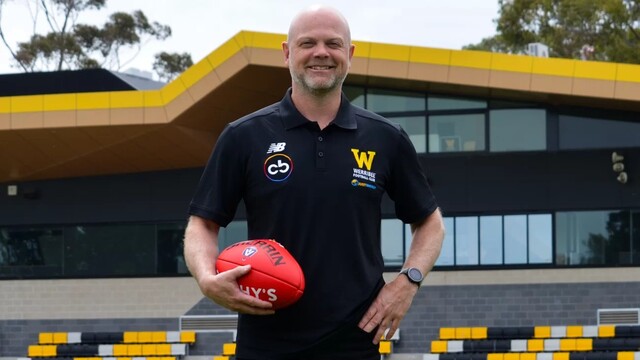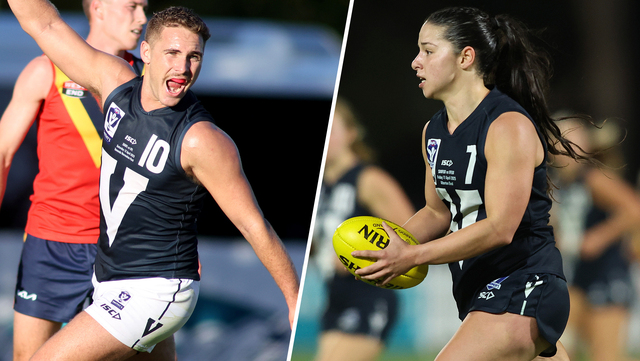Tarneit’s Mamun Badruddoza, president of Victorian Bangladeshi Community Foundation for 2022-23, is a community leader and volunteer. He chats with Alesha Capone.
Can you tell me about yourself?
I graduated in applied physics and electronics from the University of Dhaka. I born in Bangladesh, brought up in Dhaka city. I came to Australia with my family in July 2006 as a regional skilled migrant, we stayed in Geelong first and moved to the Wyndham area in October 2010. I am an IT professional, working as a report developer in Melbourne. My wife is an enrolled nurse, I have three kids, the elder one is in their third year as a student of Monash University in civil engineering. Our other son is in grade 11, our daughter is in grade 9.
What inspires you to help others?
When we were in Geelong, we organised different social, cultural, festive or sports events among the very small Bangladeshi community there. When we moved to Wyndham, there was a Bangla language school (the Western Region Bangla School) running every Sunday for children. I always tried to work as a volunteer within the school community group. From 2014, I joined as a committee member of Western Region Bangla School, which has later formed as the Victorian Bangladeshi Community Foundation (VBCF). Currently, VBCF is the largest Bangladeshi organisation in Victoria.
You also have helped to support many international students and families during the COVID-19 pandemic?
When the pandemic started in 2020, I was not an executive member of the committee of VBCF. But I always want to be involved and do community work, I and few other family friends – Khandaker Islam Ripon, Islam Johir and Mehedi Hasan – started our journey to help the Melbourne Bangladeshi community. At the initial stage of pandemic, everyone was scared regarding COVID-19 and its impacts. In that time, we started a Facebook group (Melbourne BD Community – Connectedness in Crisis Situation) to unite people. Most of Melbourne’s Bangladeshi migrant live in and around Wyndham. We requested people share information on that Facebook page.
What else happened?
Lots of Bangladeshis and other families became jobless, especially some of them could not get benefits from the government due to temporary/student visas – we collected money for the impacted families mostly around Wyndham and Footscray, Sunshine, the northern and eastern parts of Melbourne & students from Geelong. We organised groceries on a monthly basis for few months, with the help of grocery stores. During Qurbani Eid time, we collected around 300 kilos of meat and distributed it among families and students. From April 2020, we started the UMA TV Facebook Community Page for the community, during lockdown we organised several health-related live shows with the local Bangladeshi GPs and other professionals.
You do other community work too?
In our area, on behalf of Bangladeshi community, we organised few fundraising events to build Masjid (a place of religious worship) and organised a dinner event, where we collected money for the Masjid. Also, through VBCF, we organise a community Iftar event during Ramadan where around 700 people join every year including local councillors, MPs, etc.
What are some of the VBCF’s aims?
We need to do more for the community, planning to work for youth, sports and women. VBCF has tried from 2015 to establish a permanent language monument (Shaheed Minar) in Wyndham, for which the inauguration ceremony will be held on 26th February. VBCF don’t have any permanent community hub, we are trying to build one. Hopefully, one day we will achieve this. We are trying for more bonding among ourselves and with all other multicultural communities. We are also trying to create a crisis management fund to use crisis’s like sudden death, support for funerals, support helpless families. I also believe with the help of Wyndham city council or Victorian state government, we could set up a language museum because in multi-cultural community, we need to preserve languages especially for the small community and the Aboriginal community.

